Blood glucose levels or blood sugar levels can be normal, high (hyperglycaemia), or low (hypoglycaemia).
Here’s what you need to know:
- Blood sugar level chart
- Impact of high blood sugar levels on your body
- Impact of low blood sugar levels on your body
Blood Sugar Level Chart:
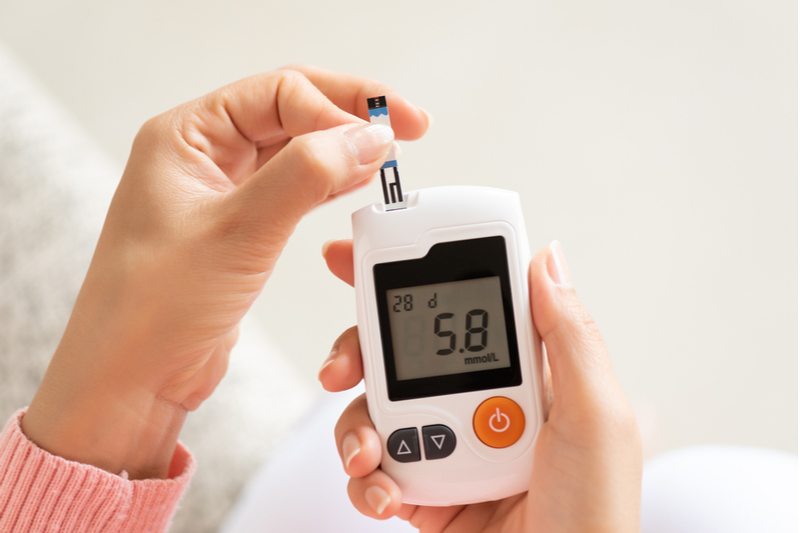
For a healthy adult (male or female), a normal blood sugar level range after 8 hours of fasting is >70 mg/dL. and < 100 mg/dL., while a normal blood sugar level in a healthy person after 2 hours of eating is between 90 to 140 mg/dL.
Let us quickly take a look at the normal blood sugar levels in diabetic children and adults after 1 or 2 hours of eating:
-
6 to 12 years old: Up to 140 mg/dL
-
13 to 19 years: Up to 140 mg/dL
-
20+ age: Less than 180 mg/dL
-
Pregnant women: Below 120 mg/dL
Impact of High Blood Sugar Levels On Your Body
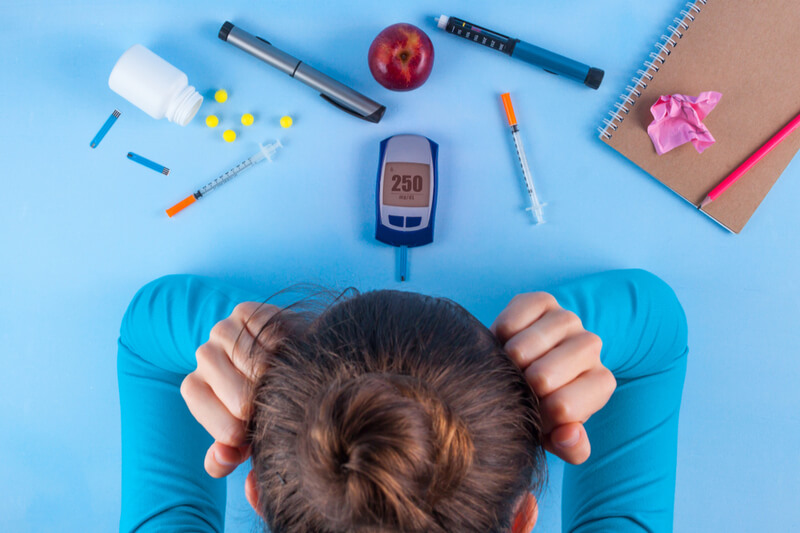
High blood sugar levels in diabetes are marked at >250 mg/dL. Here are its effects:
- Frequent urination: When the kidneys are unable to process the extra sugar in your blood, it gets rid of it with extra water that your body needs.
- Increasing thirst: Your body draws extra water from the tissues to get rid of excess sugar. However, water, as a fluid, is an important source to make energy, transfer nutrients, and get rid of waste. This can enable you to drink more water.
- Dry mouth and skin: Hyperglycaemia can lead to dry mouths or dryness in your skin that causes cracks on the heel of your feet and elbow which can feel itchy as your body draws the fluid from it. It also causes swelling in gums, white patches on your tongue or inside your cheeks.
- Neuropathy: High glucose levels can cause severe nerve damage which can send a tingling sensation in your arms and legs, and can slowly weaken your entire immune system.
- Vision loss: When fluid is pulled from the lenses in your eyes, it damages the retina. This makes it harder to focus causing blurry vision or even blindness.
- Digestive issues: Prolonged high glucose levels can damage the vagus nerve that helps food move through your stomach and intestines. This may even cause a loss of appetite, the possibility of acid refluxes, constipation, and vomiting.
- Excess sugar levels can harm your kidneys, cause strokes and erectile dysfunction.
Impact of Low Blood Sugar Levels on your Body:
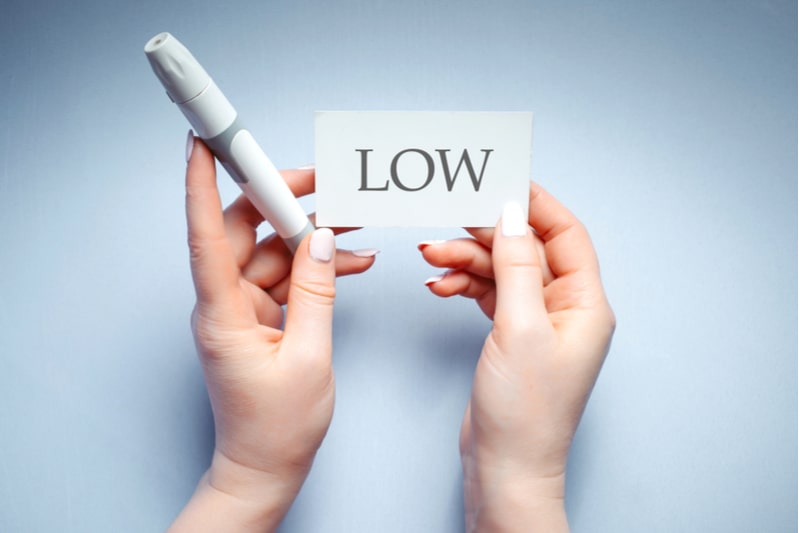
When your blood sugar levels drop to under 70 mg/dL, this is how your body reacts:
- Sweating: Sweating is the first sign of a fall in the glucose level as your body releases hormones that work together to raise blood sugar levels.
- Hunger: You will realise you are hungry even after a meal as the body may not be able to convert food into energy.
- Dizziness: Energy is required to reach each and every part of the body. When the brain cells do not receive this energy, you may start to feel weak, tired, dizzy, often causing a headache.
The best way to control your body’s reaction to fluctuating blood sugar levels is to visit your doctor and take prescribed medicines. You can use our blood glucose calculator to understand if your blood sugar level is within the normal range. Know more about fitness and nutrition on Activ Living.





 1800-270-7000
1800-270-7000


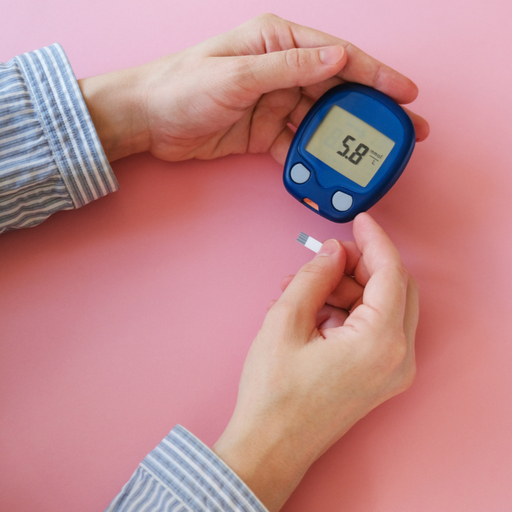






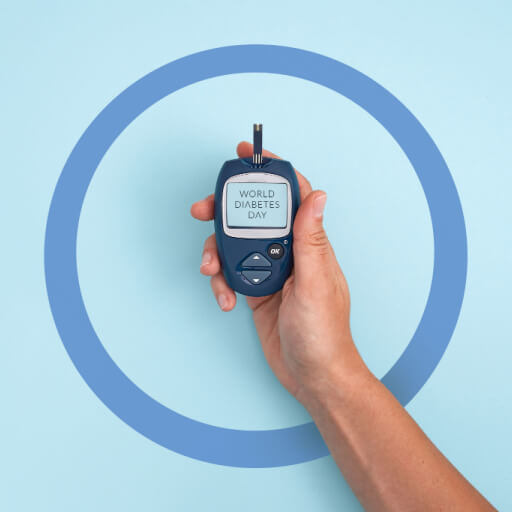
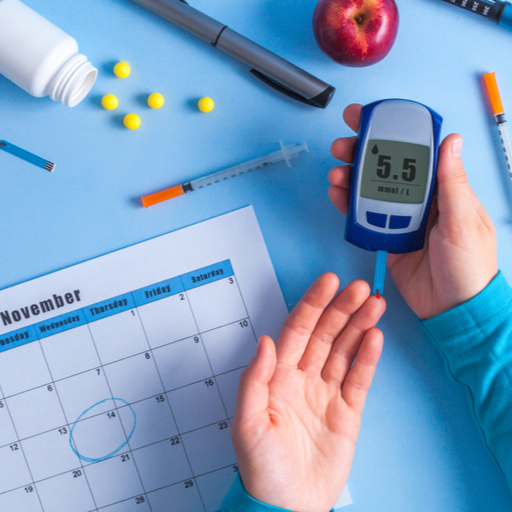




I’ve read some good stuff here. Definitely worth bookmarking for revisiting. I was surprised how much effort you put to create such a great informative website.